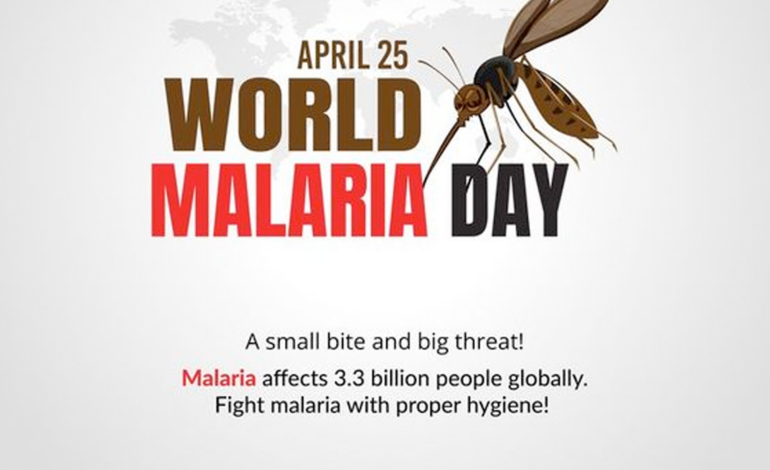Malaria, a preventable and curable illness caused by Plasmodium parasites, continues to pose a significant health threat in endemic zones such as coastal and lake regions. In Kenya, there are an estimated 3.5 million new clinical cases and 10,700 deaths each year. According to HealthX Africa, some people are more at risk of developing severe malaria, particularly children under 5 years of age, pregnant women, and individuals living with HIV aids. As the world commemorates World Malaria Day, it’s crucial to reflect on the ongoing battle against this preventable and curable illness to keep you and your loved ones safe.
Understanding Malaria
Malaria is transmitted through the bite of an infected female Anopheles mosquito. Symptoms usually manifest within 10-15 days after being bitten and commonly include fever, headache, chills, joint pains, and muscle aches. Severe malaria can present with convulsions, cerebral malaria, anaemia, and respiratory distress. Prompt diagnosis and treatment are essential to prevent complications.
Leveraging Telehealth for Malaria Management
To commemorate Malaria Day, HealthX Africa emphasizes the importance of leveraging telehealth to combat this disease. Here are some ways in which telehealth can play a crucial role:
Knowledge Hubs and Resources:
Utilizing knowledge hubs like MAGICapp, developed by the World Health Organization (WHO), provides valuable resources for tackling malaria interventions, focusing on prevention and management. This tool equips healthcare providers with up-to-date information to effectively combat malaria.
Surveillance Systems:
Implementing surveillance systems to automate data collection and reporting is essential. These systems facilitate the efficient tracking of malaria cases, enabling a more rapid and targeted response to outbreaks.
Digital Health Platforms for Community Education:
Digital health platforms can be instrumental in community education and creating awareness of community-based prevention practices. By disseminating information through these platforms, communities can be empowered to take preventive measures, reducing the risk of malaria transmission.
Telemedicine:
Telemedicine presents a readily available and affordable platform that can be harnessed to ensure prompt malaria treatment and provide advice on referrals as needed. Through telemedicine, individuals in remote or underserved areas can access healthcare professionals, receive a diagnosis, and obtain the necessary treatment promptly.
According to Chibi et al. (2023), “Leveraging innovation technologies to respond to malaria: a systematized literature review of emerging technologies,” the integration of telehealth into malaria management is crucial in combating this disease effectively.
On this World Malaria Day, HealthX Africa underscores the importance of leveraging telehealth to combat this disease. Telehealth offers a range of innovative solutions, from knowledge hubs and surveillance systems to digital platforms and telemedicine, enabling prompt diagnosis, treatment, and education.
Article assisted by Dr. Wakesho Karungo, a Medical Doctor. HealthX Africa.





